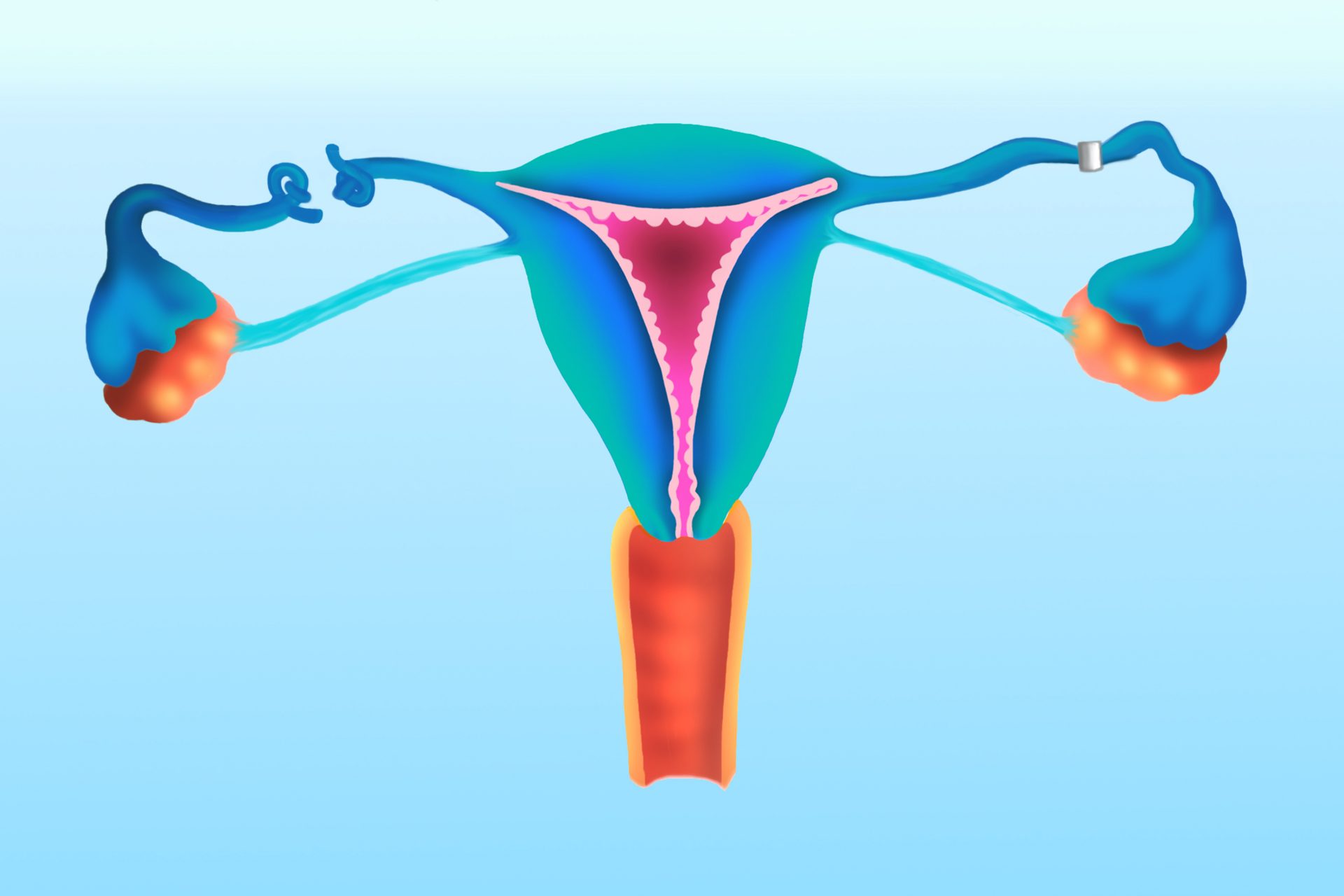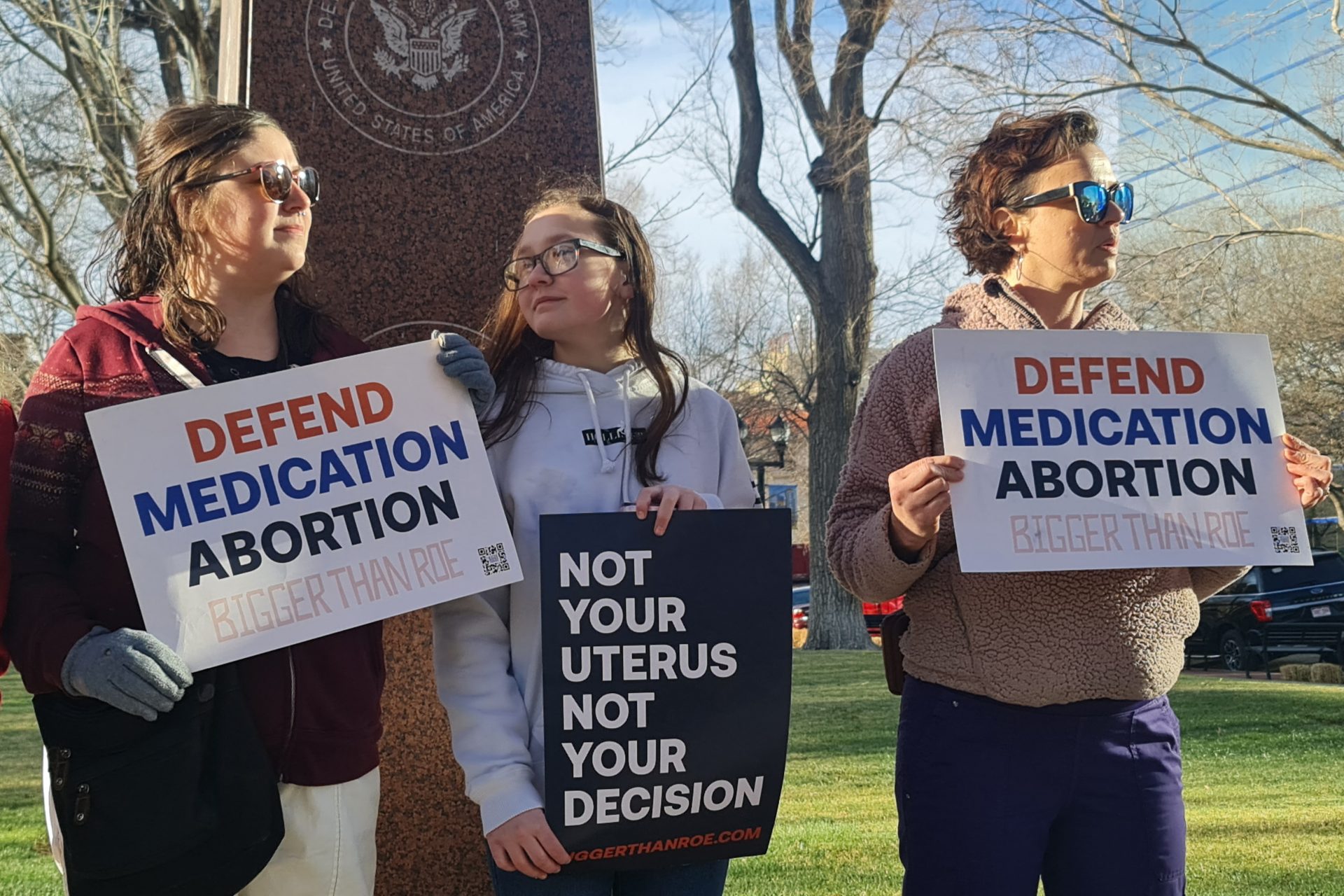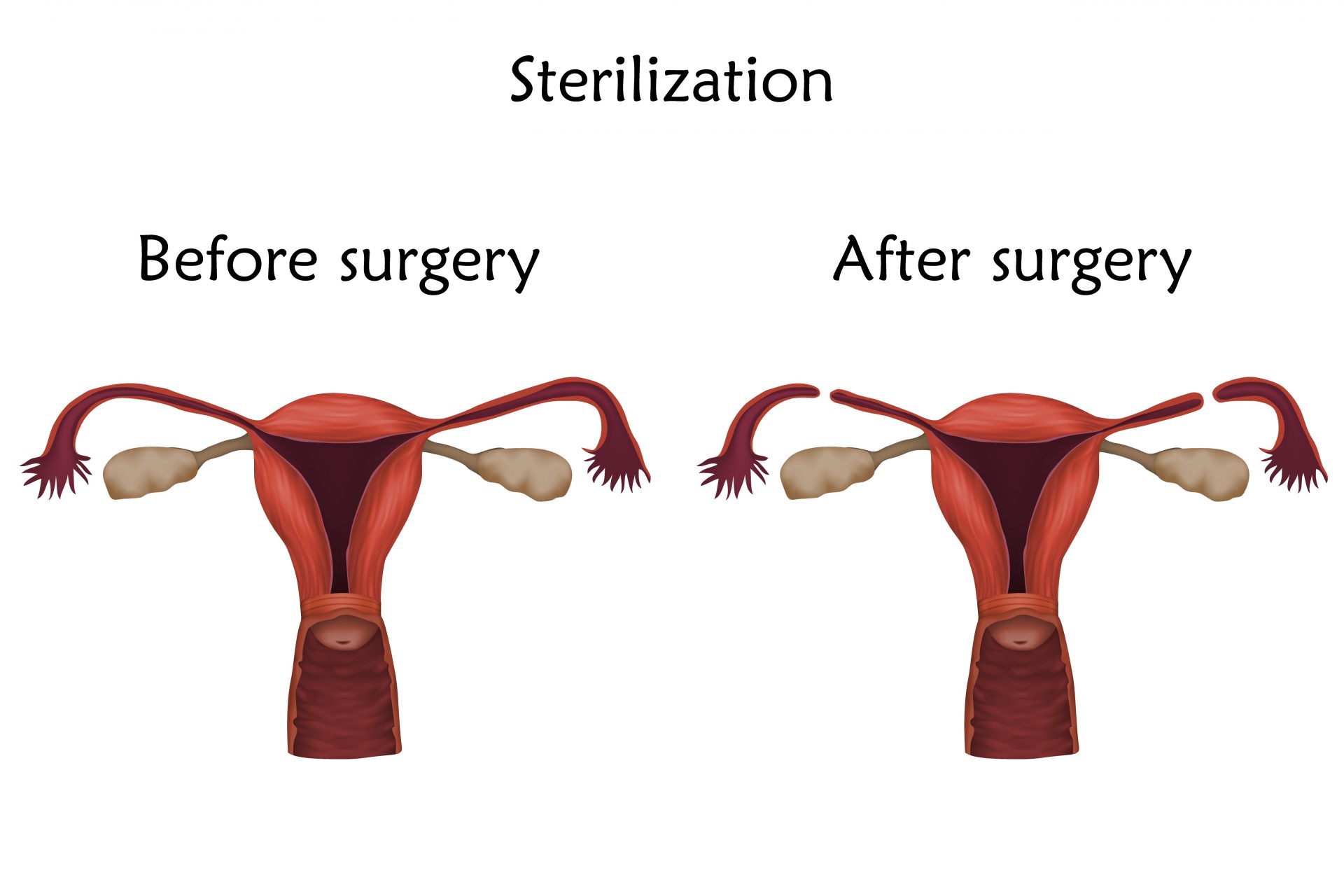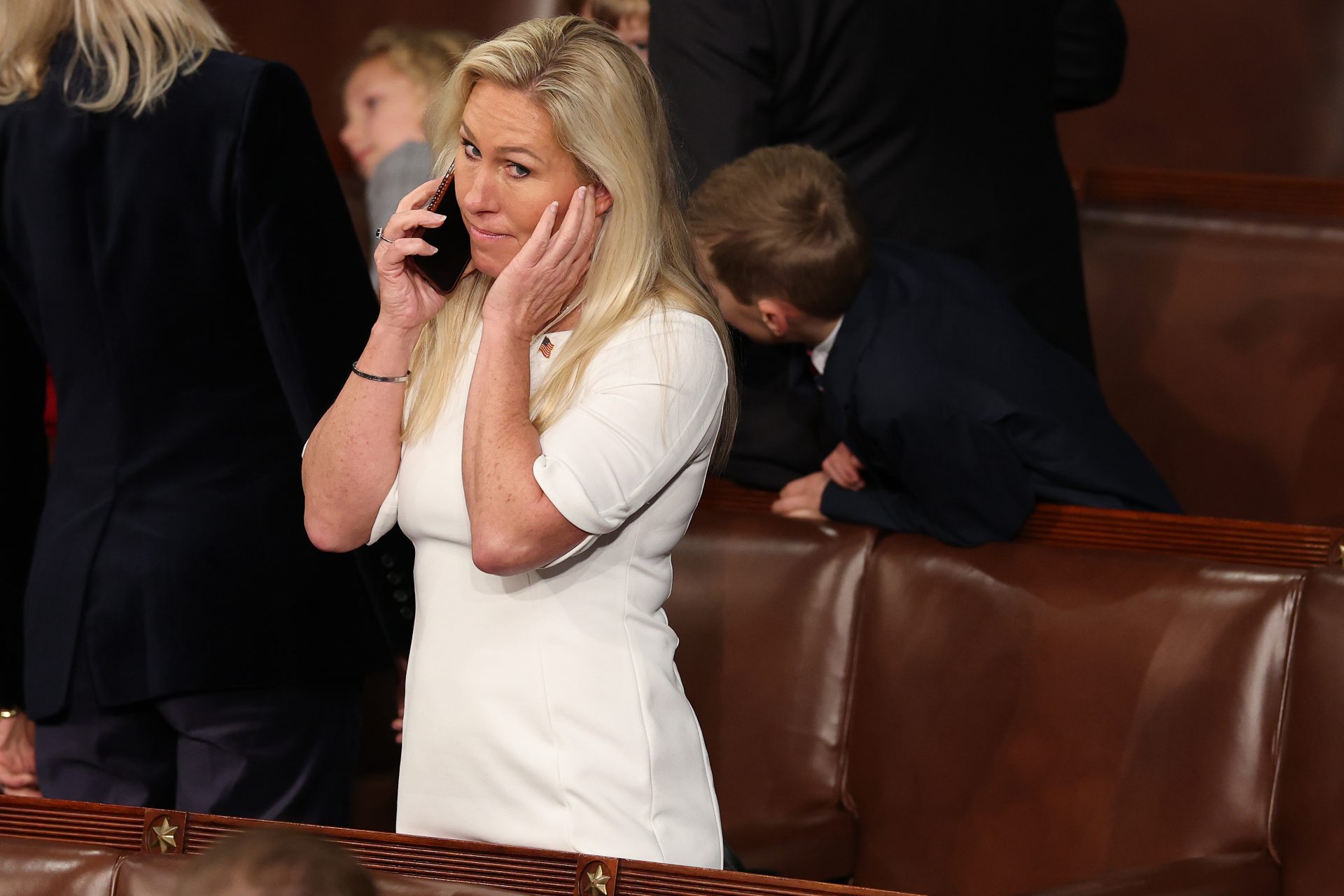Increase in female sterilization in US after Roe vs. Wade was overturned
Conservative pro-life supporters likely envisioned a baby boom in the United States when they celebrated the Supreme Court's decision to overturn Roe v. Wade.
However, it seems the lack of choice a pushed many women to take their reproductive health into their own hands, and take more extreme measures to make sure they are never in the position where they are denied an abortion.
A recent study published in the Journal of the American Medical Association shows a notable increase in sterilization procedures among women, especially in states where abortion has been banned following the Supreme Court's decision to overturn Roe v. Wade.
As reported by AP News, after the Dobbs decision in June 2022, the study which analyzed insurance claims data from 2021 and 2022 found a steady increase in tubal ligations across 36 states and Washington, D.C.
The data was segmented based on states with varying abortion policies: "banned," "limited," and "protected." While tubal ligation procedures increased in all categories, the most significant rise was observed in states with abortion bans.
The New York Times highlights that in these states, sterilization procedures in women increased by 39% by December of 2022.
The increase in sterilizations is linked to concerns surrounding abortion access. According to Fox News who spoke to Dr. Clayton Alfonso from Duke University, patients in his OB-GYN practice expressed apprehension about contraceptive failure and unwanted pregnancies, prompting many to opt for sterilization.
According to the Mayo Clinic's website, tubal sterilization works by blocking the fallopian tubes to prevent eggs from traveling to the uterus and to hinder sperm from reaching the egg.
Studies indicate that approximately one to three out of every 100 women may still become pregnant after undergoing tubal sterilization.
The New York Times talked to Dr. Kavita Shah Arora, an obstetrician-gynecologist and a professor at the University of North Carolina at Chapel Hill, about the results of the study. Dr. Arora told the newspaper that the results were in line with what she saw with her own patients after the Dobbs decision.
Dr. Arora said, “Patients would often say things like, ‘I was on the fence, and this pushed me over the edge,’ or, ‘I feel like the safety net was taken away,’” she said.
The study found that in states where abortion access was restricted or eliminated, women who did not want children or more children viewed sterilization as a protective measure.
Xiao Xu, the lead author of the study, pointed out that this trend corresponds with significant legal changes regarding abortion, stating, "It's not entirely surprising."
These findings are consistent with another study published in April 2023, which also highlighted a heightened demand for sterilization among women aged 18-30.
Although the 2022 data provides valuable insight, experts are eager to examine the enduring impacts of the Dobbs decision on reproductive health.
Dr. Alfonso and the study authors both stressed the importance of conducting additional research to understand how these trends will develop as abortion laws continue to change across the U.S. Xu's team is anticipated to further investigate additional data in the future to evaluate the complete impact.
More for you
Top Stories





























